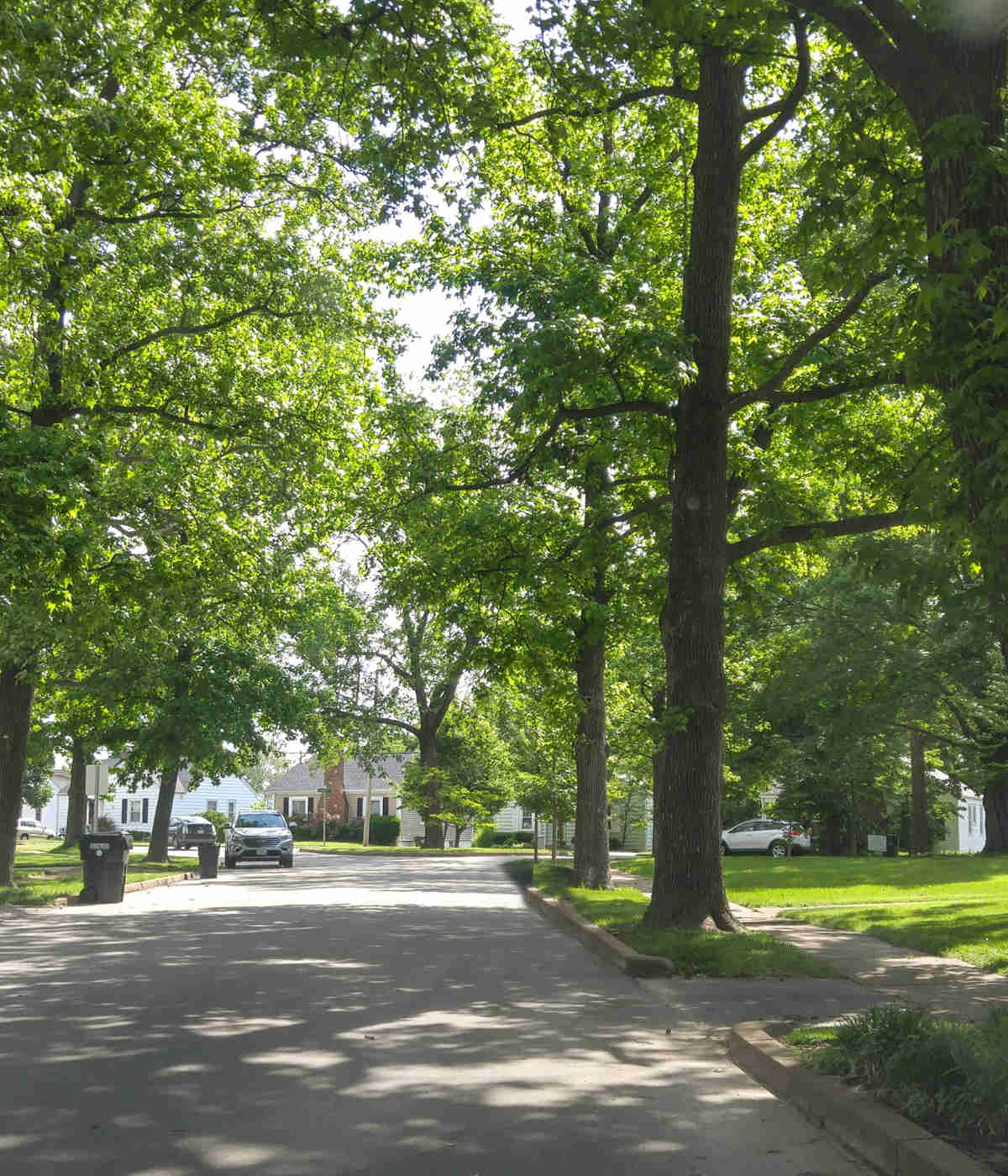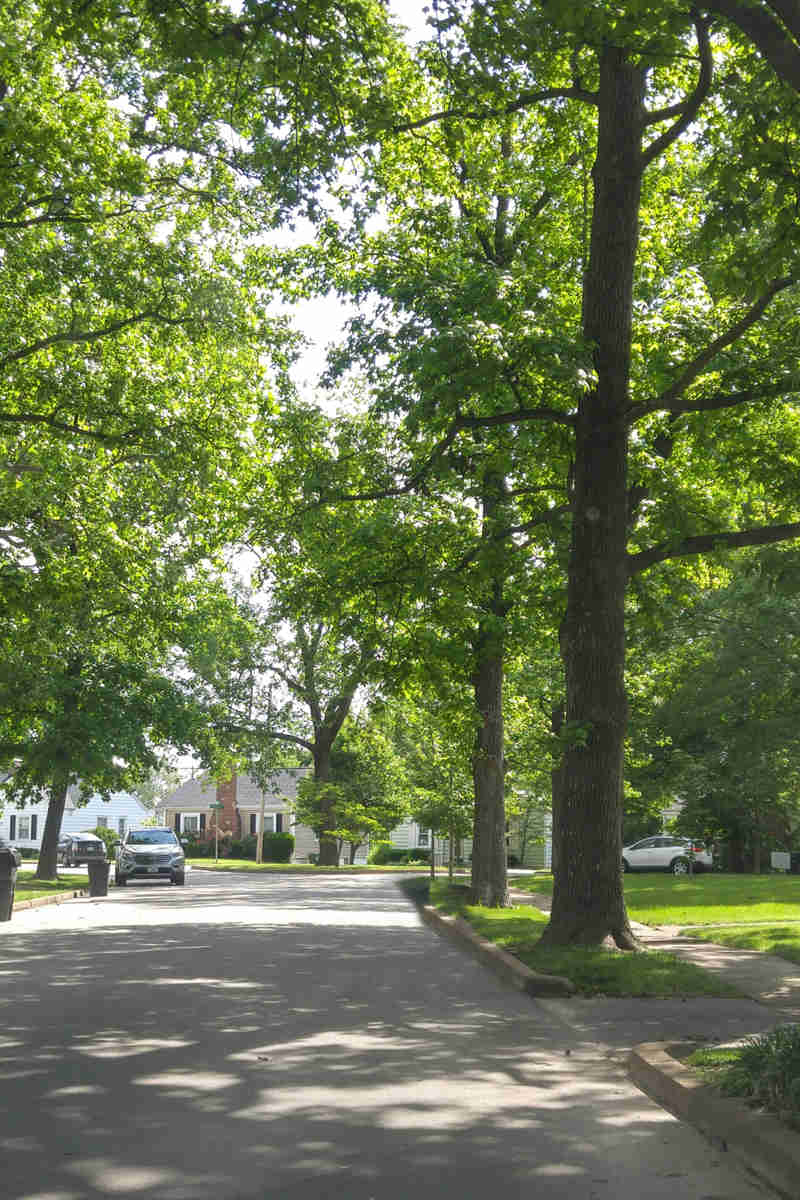Changing climates are affecting all areas of the United States. According to the Arbor Day Foundation’s Canopy Report, 64% of survey respondents indicated that they are experiencing the effects of climate change where they live.
This means increased annual air temperatures for Massachusetts residents, even during the winter. By 2050, average temperatures in the Northeastern U.S. are expected to rise between 4 and 5 degrees Fahrenheit. In summer, these temperature spikes can mean increased droughts and wildfires. In winter, warmer temperatures can mean less snow and ice and an increased presence of various pest species.
Trees play a significant part in combating the effects of climate change. Read on to learn the benefits of trees and how trees help fight climate change.
Planting For Our Climate
While planting trees is generally a good idea to help combat climate change, focusing on species that will flourish in Massachusetts' changing climate can help guarantee a longer lifespan for the trees, allowing you to reap the full benefits of trees. Here are some suggestions for tree species suited for the future Massachusetts climate:
- Allegheny Serviceberry (Amelanchier laevis)
- Traditional Hardiness Zone: 4-8
- Now Potentially Viable In: Zones 9-10
- Why It’s A Good Option: Allegheny Serviceberry trees are native species that can adapt to a wide range of climates.
- Considerations: These trees are among the earliest spring flowering trees and are a great alternative to the invasive Bradford pear tree.
- River Birch (Betula nigra)
- Traditional Hardiness Zone: 4-9
- Now Potentially Viable In:
- Why It’s A Good Option: River birch trees are adaptive trees that can be planted almost anywhere in the U.S. They tolerate wetness and some drought, most soil types, and are resistant to birch borers.
- Considerations: River birch trees naturally grow along riverbanks and help control erosion.
- American Hornbeam (Carpinus caroliniana)
- Traditional Hardiness Zone: 3-9
- Now Potentially Viable In: Zone 2
- Why It’s A Good Option: American hornbeam trees are resilient to various conditions, including drought and waterlogged areas. They also attract pollinators and small mammals.
- Considerations: These trees are resistant to Verticillium wilt.
While all trees do their part to fight climate change, not all are suited for Massachusetts yards. Bradford pear trees and other Callery pear trees are invasive plants with weak branch structures prone to splitting, especially during winter. Here are our suggestions for replacing them.
How To Maximize Tree Benefits in Massachusetts
Now that you know what trees to plant, you may wonder, “How can planting trees help slow climate change?”
Trees are natural carbon captors, pulling carbon from the air while producing the oxygen we need. In addition to carbon sequestration, tree canopies provide shade that cools local temperatures, especially in urban areas.
Planting and maintaining trees in your yard allows you to do your part in combating a changing climate.
At Hartney Greymont, we have ISA- and Massachusetts-certified arborists in Needham, Concord, Danvers, Cape Cod, and the surrounding areas who can help you select, plant, and maintain your trees.
Read Our Blog For More Information On Climate Change In Massachusetts



